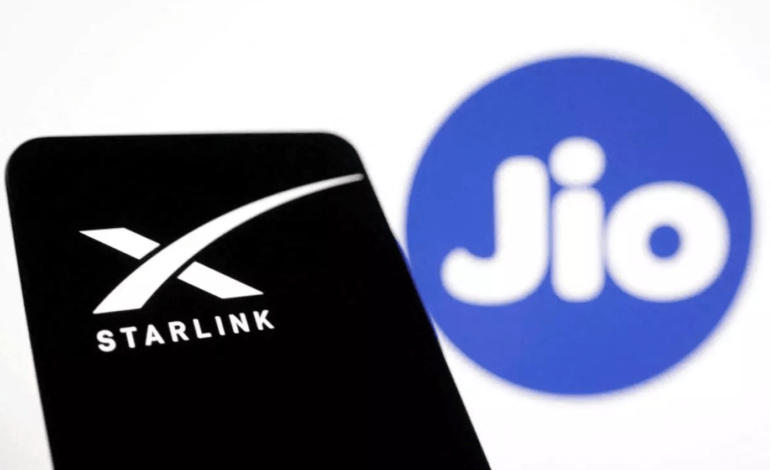
Analysis: Starlink’s India dream: Partnerships spark hope amid regulatory and security hurdles
By: Dr. Avi Verma
Elon Musk’s ambitious Starlink project, aiming to beam high-speed satellite internet across India, has witnessed a significant shift in momentum, yet the final launch remains tethered to the intricacies of Indian regulations and lingering security concerns. While recent strategic partnerships have injected optimism, the path to full operationalization is far from clear.
Mid-March 2025 marked a potential turning point for Starlink’s India aspirations. Securing distribution and support agreements with telecom giants Reliance Jio and Bharti Airtel provided a crucial foothold. These partnerships leverage the established infrastructure and reach of these domestic players, addressing a key logistical challenge for Starlink’s service rollout. Furthermore, Prime Minister Modi’s engagement with Elon Musk in Washington signaled a potential thaw in the government’s previously cautious stance towards the satellite internet provider. The subsequent decision to allocate satellite spectrum administratively, a departure from the auction model favored by traditional telcos, also aligns with Starlink’s operational framework, seemingly removing a major roadblock.
However, the journey is fraught with remaining obstacles. The crucial regulatory approvals from IN-SPACe and the Department of Telecommunications (DoT) are still pending. These agencies are meticulously evaluating Starlink’s application, ensuring compliance with India’s stringent telecommunications and security protocols.
A significant hurdle that continues to cast a shadow is the earlier discovery of Starlink devices in the possession of insurgents and smugglers. This incident triggered serious security concerns within the Ministry of Home Affairs (MHA) and the DoT. While Starlink initially resisted providing detailed ownership information, citing data privacy, it is evident that satisfying India’s national security requirements is paramount for final approval. The establishment of a mandated control center within India, allowing authorities the capability to suspend services in sensitive zones, is a direct consequence of these concerns and a prerequisite for Starlink’s operation. Progress on setting up this infrastructure will be a key determinant in the approval timeline.
Adding another layer of complexity are the anticipated recommendations from TRAI regarding satellite communication permits. The potential imposition of a shorter, five-year permit period, as opposed to Starlink’s preferred two-decade timeframe, raises questions about the long-term viability and return on investment for the company. This discrepancy could lead to further negotiations and potential delays.
The “Spyware” Question
The earlier security breaches involving Starlink devices have understandably fueled concerns about potential misuse and the integrity of the technology. While there is no verifiable evidence to suggest Starlink’s deliberate deployment as “spyware,” the incident underscores the critical need for robust security protocols and government oversight. The ongoing regulatory scrutiny and the demand for a local control center are measures intended to mitigate such risks. Starlink will need to demonstrate unequivocally its commitment to data security and compliance with Indian laws to alleviate these concerns.
Critical Analysis
Starlink’s path to India highlights the complex interplay of technological innovation, economic potential, and national security imperatives. While the recent partnerships and policy shifts offer a glimmer of hope, the Indian government is rightly exercising caution, prioritizing security and regulatory compliance. The earlier security lapses involving Starlink devices cannot be dismissed lightly and necessitate a thorough vetting process. The potential divergence in the desired permit duration also signals a need for pragmatic negotiation between Starlink’s global ambitions and India’s long-term strategic interests.
Ultimately, Starlink’s fate in India hinges on its ability to navigate these intricate regulatory and security landscapes. The backing of major telecom players provides significant leverage, but the final green light rests with the Indian government’s assessment of Starlink’s adherence to national security concerns and regulatory frameworks. The project’s progress will be closely watched as a test case for the entry of global satellite internet services into a rapidly digitizing India.